Many children hospitalized for influenza A
Nghe An Obstetrics and Pediatrics Hospital said that the number of children with influenza A who had to be hospitalized for treatment increased sharply in the past two weeks. According to doctors, only cases with severe risks, pneumonia, and respiratory failure complications were indicated for inpatient treatment. Thus, the actual number of children with influenza A coming for examination was much higher.
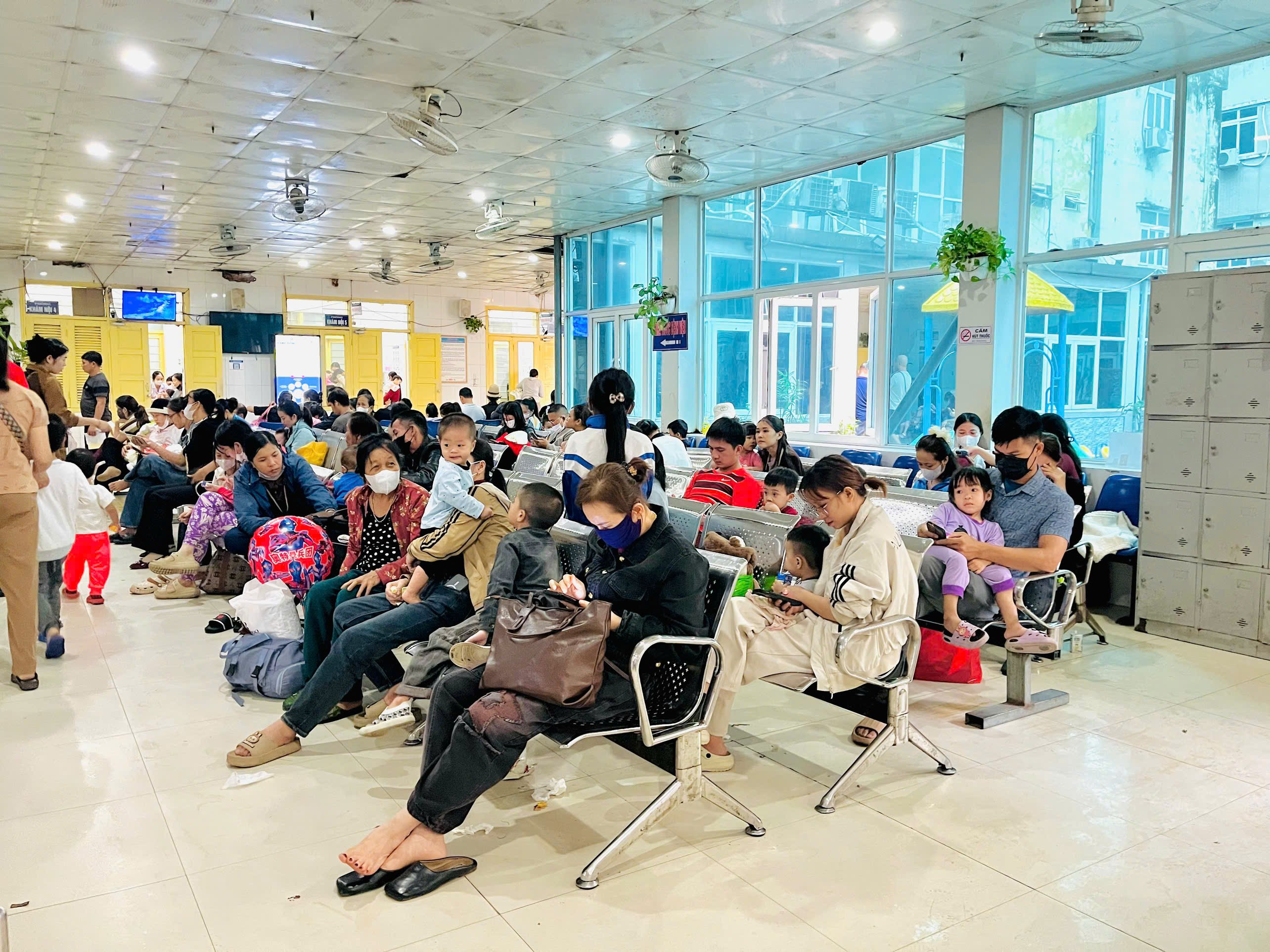
For about two weeks now, the number of cases of influenza A requiring treatment at Nghe An Maternity and Pediatrics Hospital has increased.
Nghe An Obstetrics and Pediatrics Hospital is currently treating about 130-140 children with influenza A. One patient, Ng.UV, (7 years old, Thanh Vinh ward), was brought to the hospital by his family with a persistent high fever.
According to the baby's mother, Ms. C.Th.L., before being admitted to the hospital, baby V. started having intermittent fevers, sometimes reaching 40°C, and had a poor response to fever-reducing medication. The baby also had a mild cough and runny nose, but no signs of convulsions. Worried, the family took the baby to the doctor and did a rapid influenza A test, which came back positive. After two days of inpatient treatment, the baby responded well and the fever went down. Doctors said the baby still needed close monitoring to avoid complications.
Another case is patient Ph.HH, (4 years old, Truong Vinh ward), was admitted to the hospital with a fever of 39.5°C, coughing a lot, vomiting many times a day, feeling exhausted, unable to eat or drink.
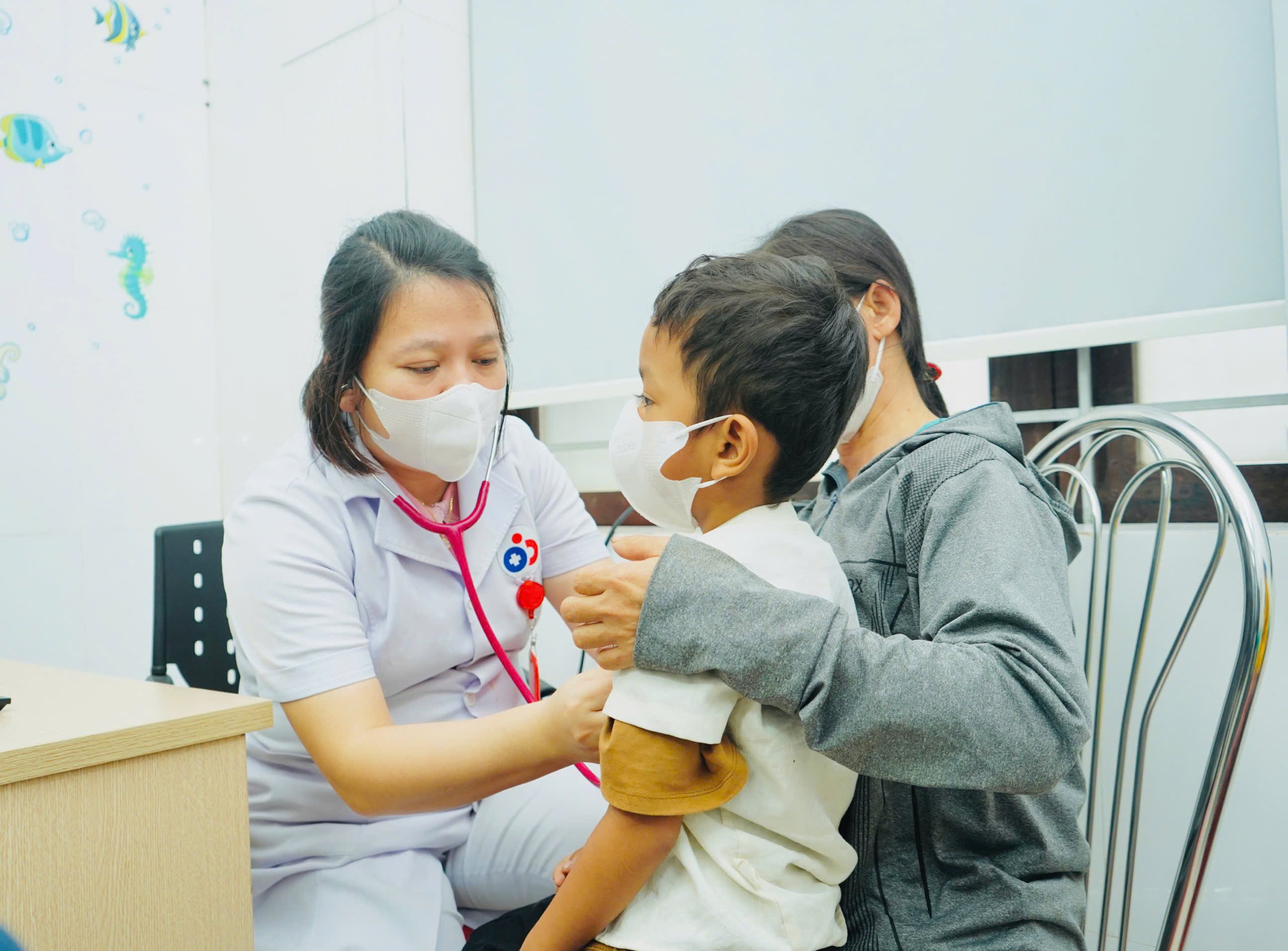
Many children with flu during this time have to go to medical facilities for examination and treatment.
The examination results confirmed that the child tested positive for influenza A but had no complications. The child was hospitalized for treatment according to the protocol, and was also given pain relief, anti-vomiting, and electrolyte replacement to stabilize his condition.
Meanwhile, in early November, at Con Cuong Ethnic Boarding Secondary School (Con Cuong mountainous commune), more than 160 students contracted influenza A in just a few days. The school was forced to temporarily close the school to disinfect the campus. School health worker Tran Thi Anh Nguyet said that most students only had mild symptoms, but the number of cases increased rapidly due to the students' concentrated activities. The school has made a list to monitor each student, instructing them to rest and receive treatment at home to limit the spread.
Children should be taken to the doctor promptly to avoid complications.
Doctor CKII Vuong Thi Minh Nguyet, Head of the Examination Department, Nghe An Obstetrics and Pediatrics Hospital, said that the number of children with influenza A coming for examination and treatment at the hospital is increasing significantly. Every day, the department receives about 600 pediatric patients, of which 20-25% are confirmed positive for influenza A. The most common complication in this group is pneumonia.
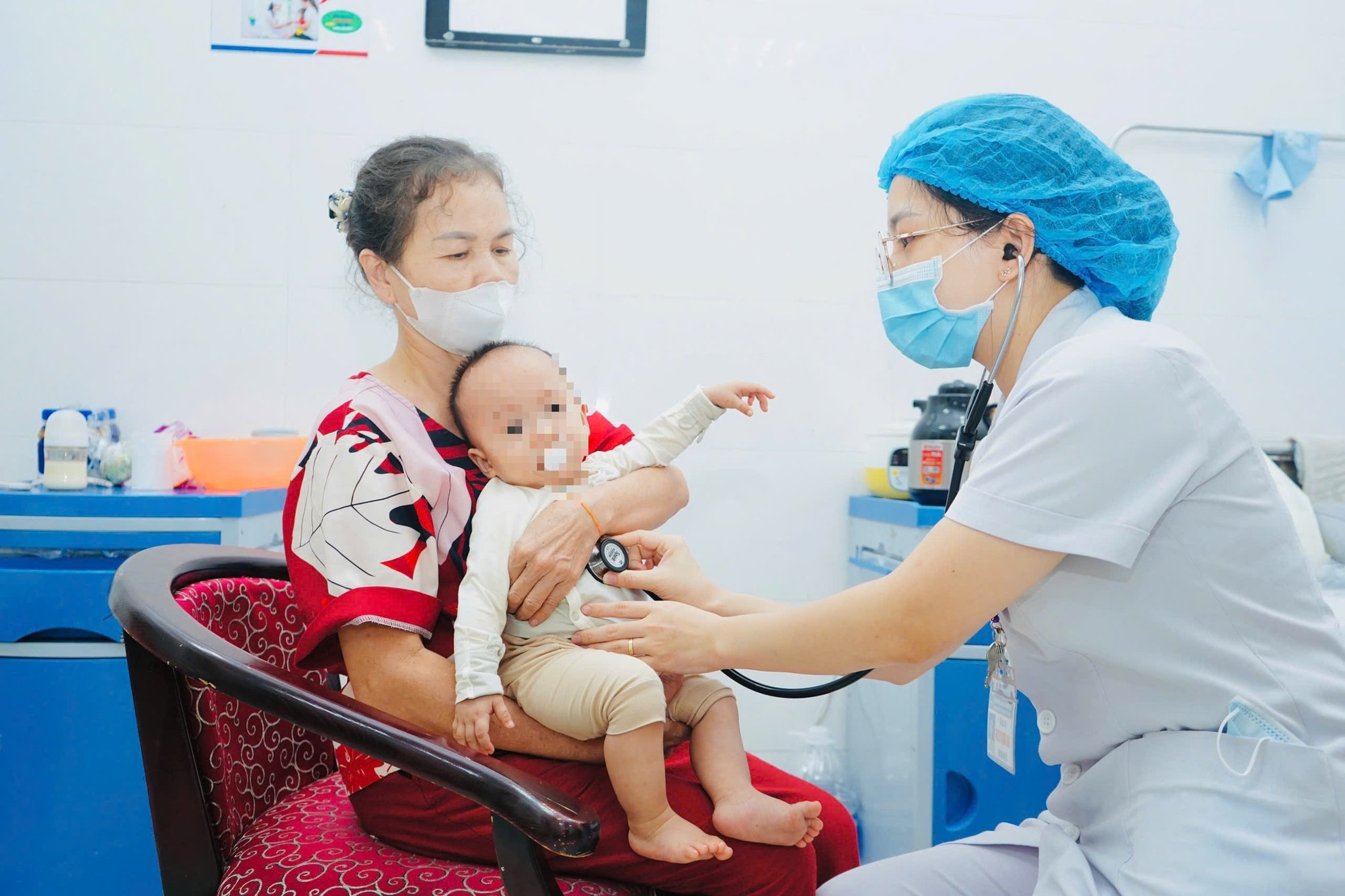
Among children with flu, the rate of complications is relatively high.
According to Dr. Nguyet, influenza A is a respiratory infectious disease that can occur at any age. However, young children, the elderly, and people with underlying diseases are more likely to develop severe symptoms due to weak immune systems. The early stages of influenza A are often easily confused with other respiratory viruses, but the disease can progress very quickly, causing pneumonia, respiratory failure, or even sepsis if not detected and treated promptly.
According to Dr. Nguyet, children with influenza A often start with a high fever, runny nose, and increasing cough, accompanied by fatigue and fussiness. In older children and adults, symptoms of muscle aches and joint pain are often more obvious.
Some children may vomit, have diarrhea or even have convulsions due to high fever. When the disease gets worse, children can easily become lethargic, less responsive, refuse to feed, breathe rapidly or have sunken chest, warning signs of complications that parents absolutely must not ignore.
Dr. Nguyet recommends that parents should closely monitor their children's health and take them to the doctor immediately when they show signs of illness or fever. Self-medication, especially antibiotics, can make the disease worse or mask important symptoms. Early examination helps doctors diagnose correctly, treat promptly and minimize the risk of serious complications.
With the increase in influenza A cases during the changing seasons, disease prevention and flu vaccination are extremely important to protect the health of the whole family.
Doctor Vuong Thi Minh Nguyet emphasized: "Currently, the changing weather and erratic temperature changes are favorable conditions for influenza A virus to spread strongly in the community.
Annual flu vaccination is a simple but extremely effective measure to help protect health, reduce the risk of disease and avoid dangerous complications, especially in young children, the elderly, pregnant women and people with underlying diseases.
People should proactively vaccinate themselves and their children against the flu, especially during times of increasing epidemics. In addition, it is necessary to maintain personal hygiene, wash hands regularly, wear masks when going to crowded places and isolate people.
Source: https://suckhoedoisong.vn/cum-a-tang-nhanh-thoi-diem-giao-mua-nhieu-tre-nhap-vien-bac-si-canh-bao-nguy-co-bien-chung-nang-169251112082101006.htm




![[Photo] Prime Minister Pham Minh Chinh attends a conference to review one year of deploying forces to participate in protecting security and order at the grassroots level.](https://vphoto.vietnam.vn/thumb/1200x675/vietnam/resource/IMAGE/2025/11/12/1762957553775_dsc-2379-jpg.webp)


![[Photo] Highways passing through Dong Nai](https://vphoto.vietnam.vn/thumb/1200x675/vietnam/resource/IMAGE/2025/11/12/1762940149627_ndo_br_1-resize-5756-jpg.webp)

























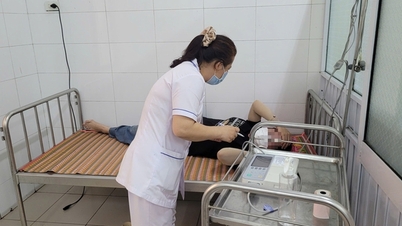

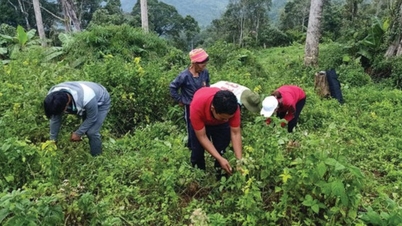

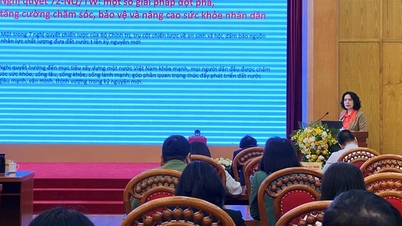






















































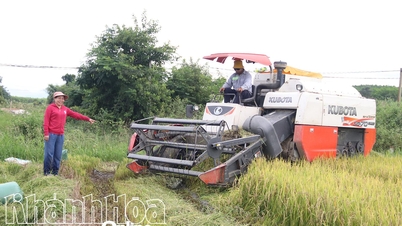











![Dong Nai OCOP transition: [Article 3] Linking tourism with OCOP product consumption](https://vphoto.vietnam.vn/thumb/402x226/vietnam/resource/IMAGE/2025/11/10/1762739199309_1324-2740-7_n-162543_981.jpeg)







Comment (0)